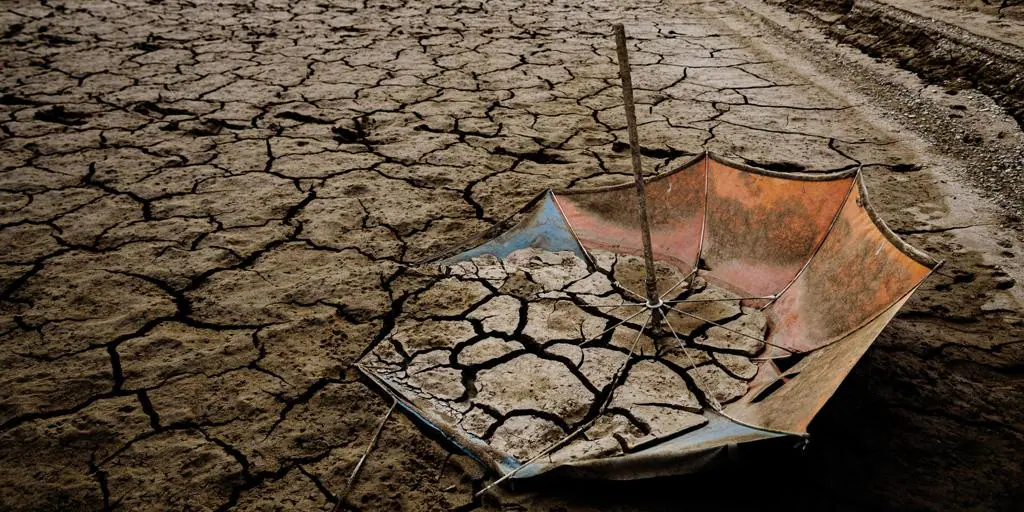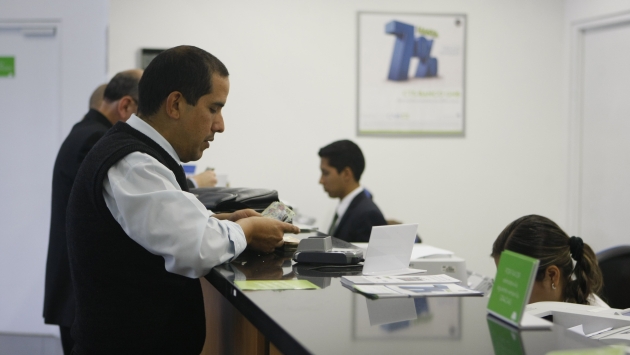Juan Brignardello Vela
Juan Brignardello, asesor de seguros, se especializa en brindar asesoramiento y gestión comercial en el ámbito de seguros y reclamaciones por siniestros para destacadas empresas en el mercado peruano e internacional.




The hurricane Otis has left an indelible mark on the history of natural disasters in Mexico, becoming the third most costly disaster in the country, according to the Mexican Association of Insurance Institutions (AMIS). Just a year after its devastating passage through the coasts of Guerrero, the data revealed by this institution underscores the magnitude of the economic impact of the weather phenomenon. With a total of 44,653 reported claims, the total cost in compensation stands at 39,343 million Mexican pesos, an amount that, at the current exchange rate, is approximately 1.98 billion dollars. This scenario highlights not only the significant material losses suffered by the inhabitants of the region but also the challenges faced by insurers in managing such calamities. AMIS has detailed that among the most costly natural events recorded in the country's history, Otis holds a prominent place, surpassed only by Hurricane Wilma, which struck the coasts of the Mexican Caribbean in 2005, and the COVID-19 pandemic. This data not only reflects the economic cost of disasters but also highlights the increasing vulnerability of the population to extreme weather events, a phenomenon that is intensifying with climate change. Norma Alicia Rosas, general director of AMIS, has expressed the insurance industry's commitment to the affected communities, emphasizing that "the insurance industry is committed to the population affected by such events." This commitment translates into ongoing efforts by insurers to collaborate with authorities and provide the necessary support to their policyholders immediately. The impact of Otis is not limited to material losses. The recovery of the affected communities has been a difficult and complex process, and compensation is only part of the solution. The reconstruction of infrastructure, housing, and basic services is a challenge that will require collaboration not only from insurers but also from local and federal governments, as well as the community itself. The situation also raises questions about the preparedness and resilience of communities in the face of future disasters. The experience of Otis has highlighted the need to develop more robust and effective contingency plans, as well as to promote a culture of prevention and awareness regarding natural risks. Investments in resilient infrastructure and disaster education are fundamental to mitigating the impact of events like this in the future. As the country progresses in recovering from the devastation caused by Otis, it is crucial that the lessons learned are used to improve emergency response mechanisms. Authorities must work together with insurers to ensure that compensation processes are swift and effective, preventing victims from being left helpless in critical moments. Furthermore, it is essential to evaluate changes in insurance policies and promote a culture of purchasing policies, especially in vulnerable regions. Expanding coverage and including more sectors of the population in the insurance domain are important steps towards creating a stronger network of protection. Hurricane Otis will not only be remembered for its devastation but also as a wake-up call about the importance of foresight and solidarity in times of crisis. The history of this disaster should motivate society and authorities to work together in building a more prepared and resilient Mexico in the face of nature's onslaught. Prevention, education, and collaboration will be key to addressing the challenges that climate change presents to us in the future.
Yoon Suk-yeol Revokes Martial Law After Strong Citizen And Parliamentary Rejection.

World Drought Atlas Warns About The Growing Water Threat By 2050.

Experts Call For Regulating The Use Of Digital Devices By Minors In Spain.




/cloudfront-eu-central-1.images.arcpublishing.com/prisa/L3XJKUBY5JAW5PQWDS32LOSQ4A.JPG)

